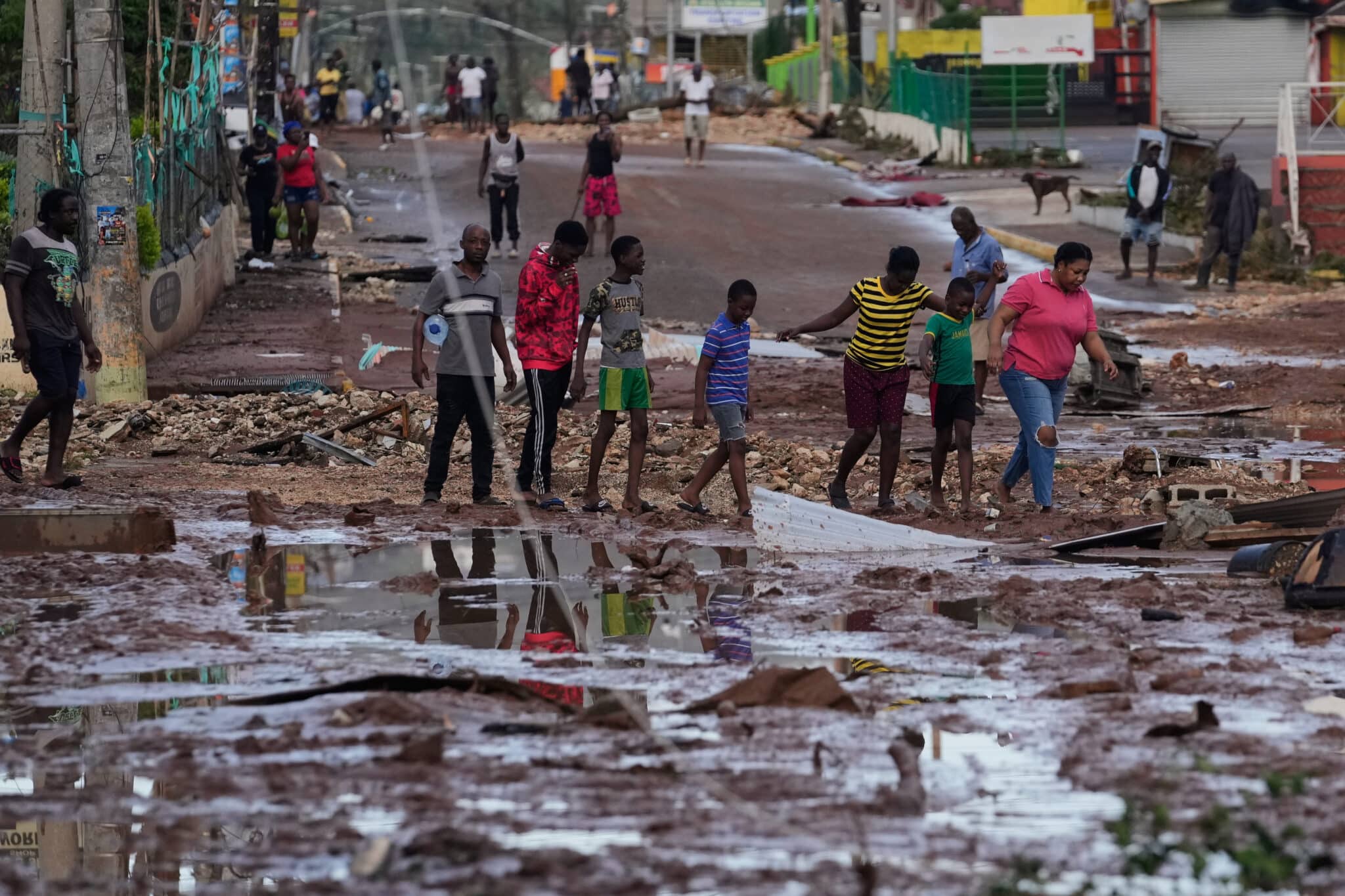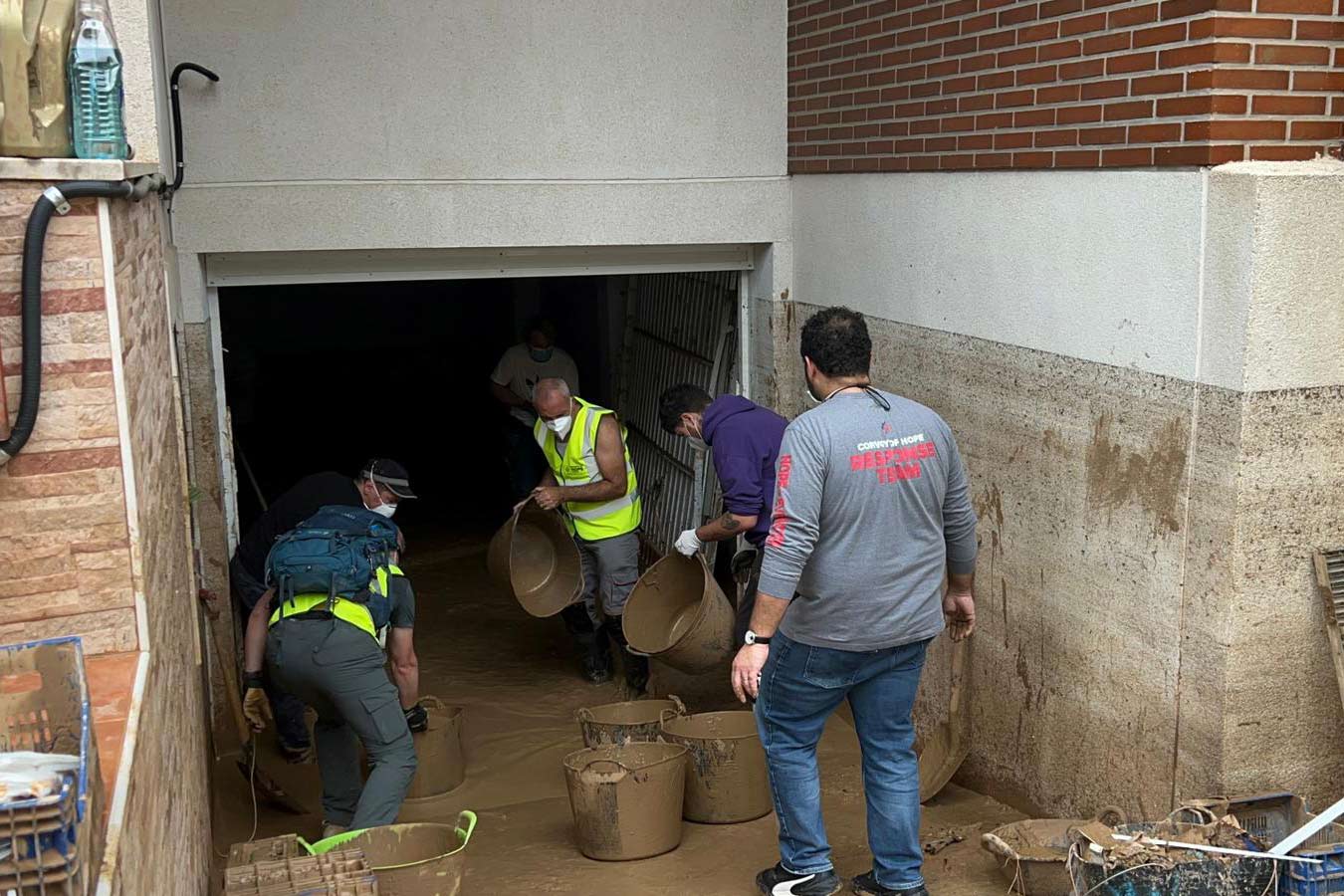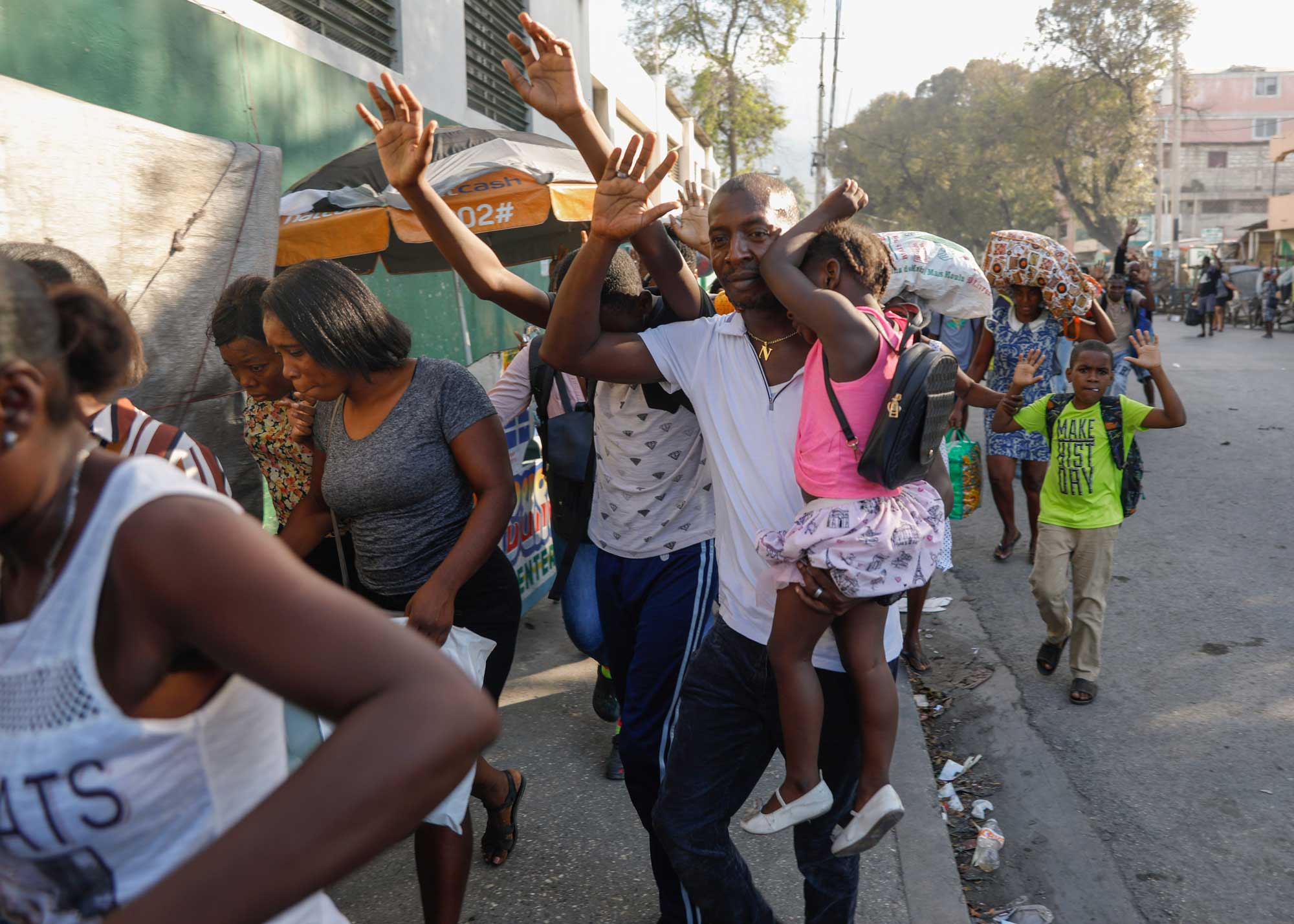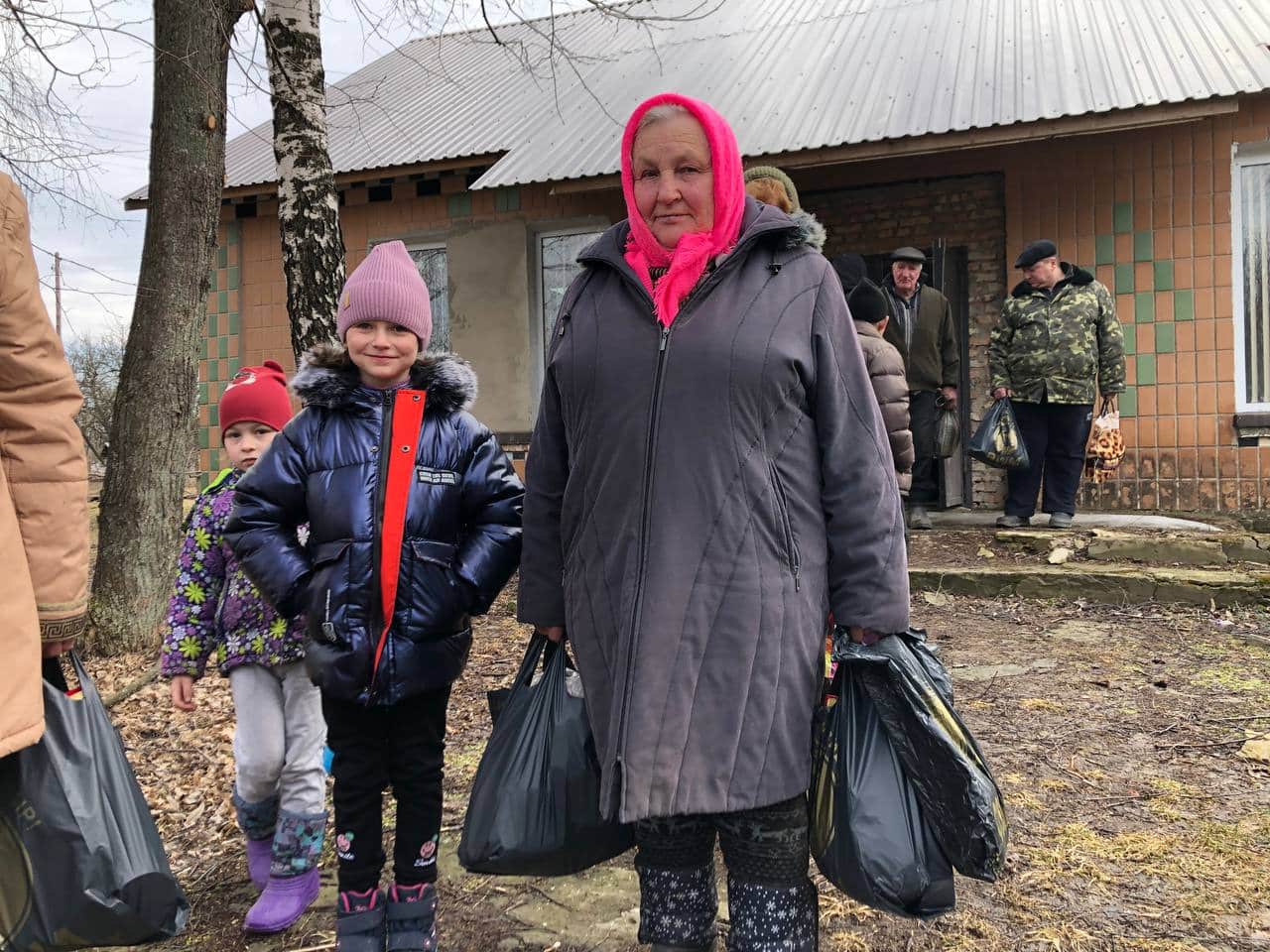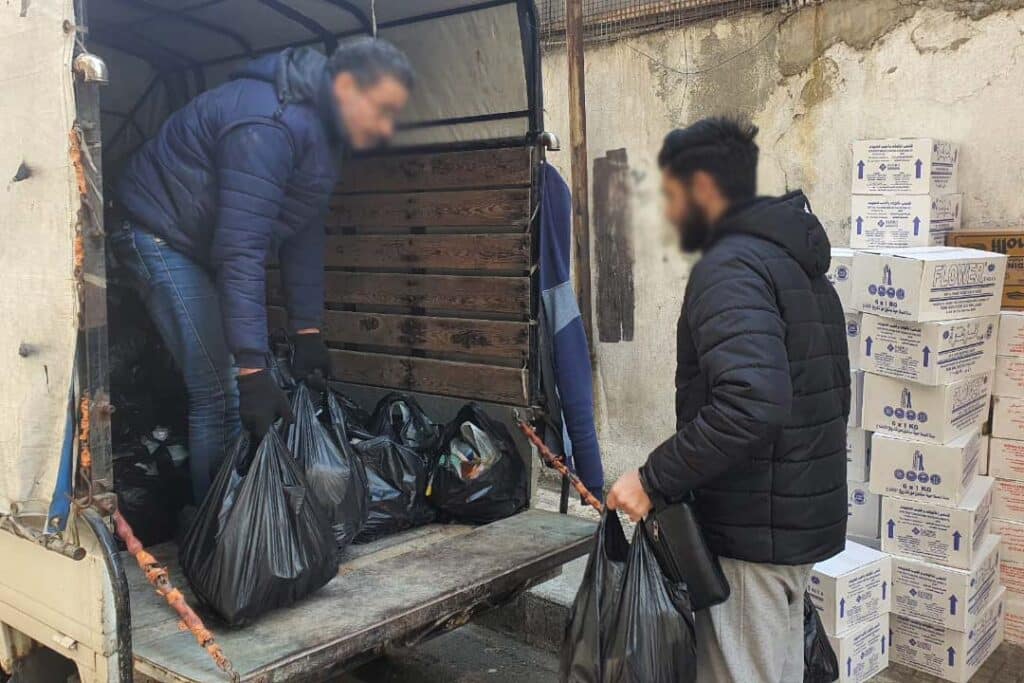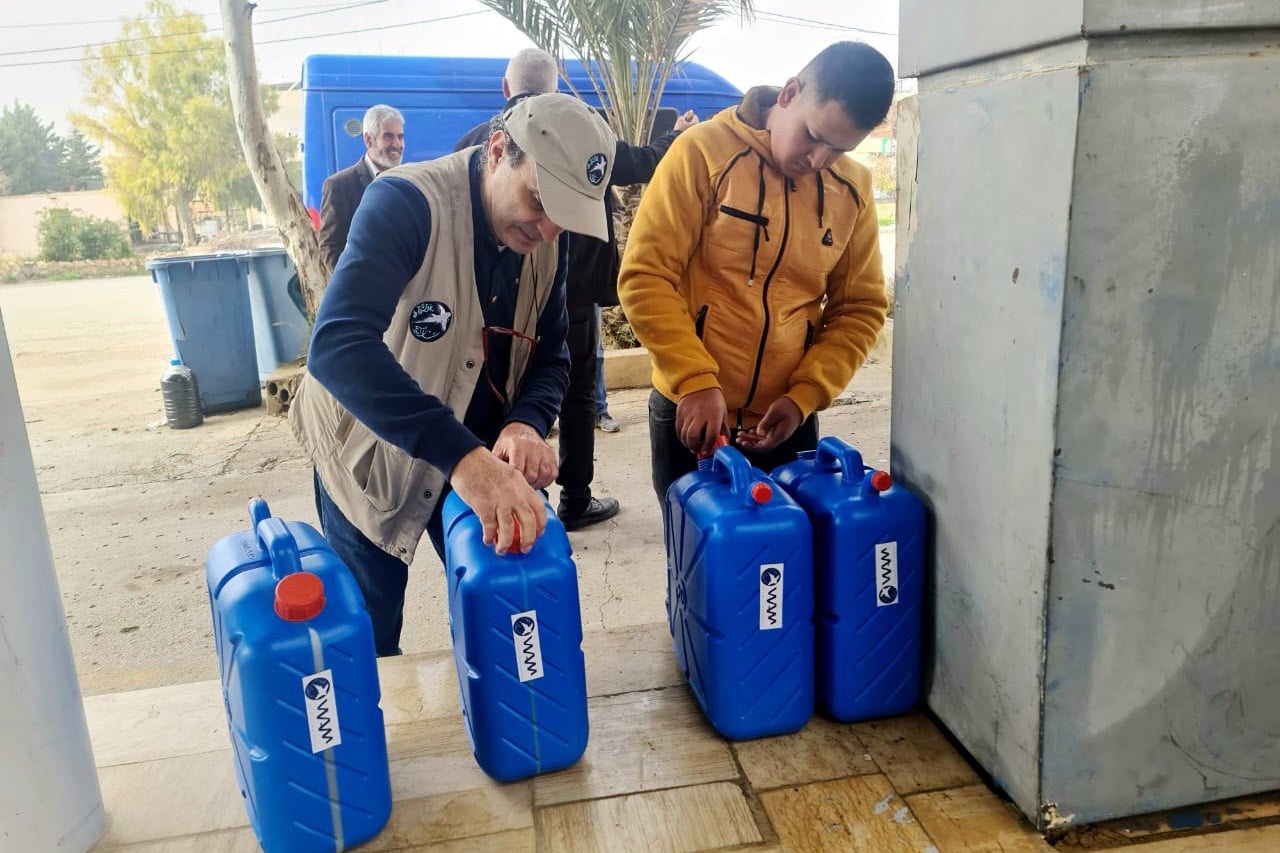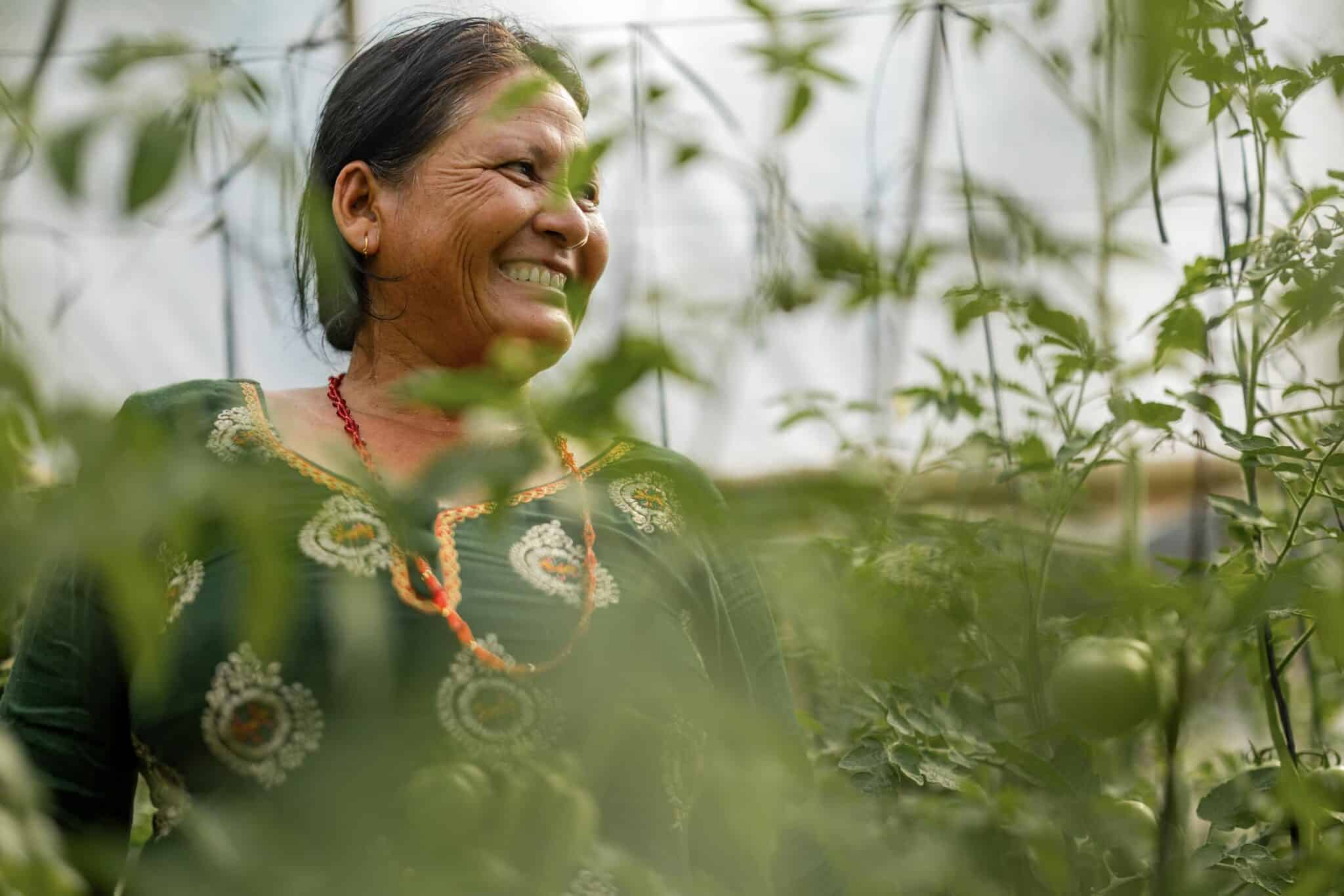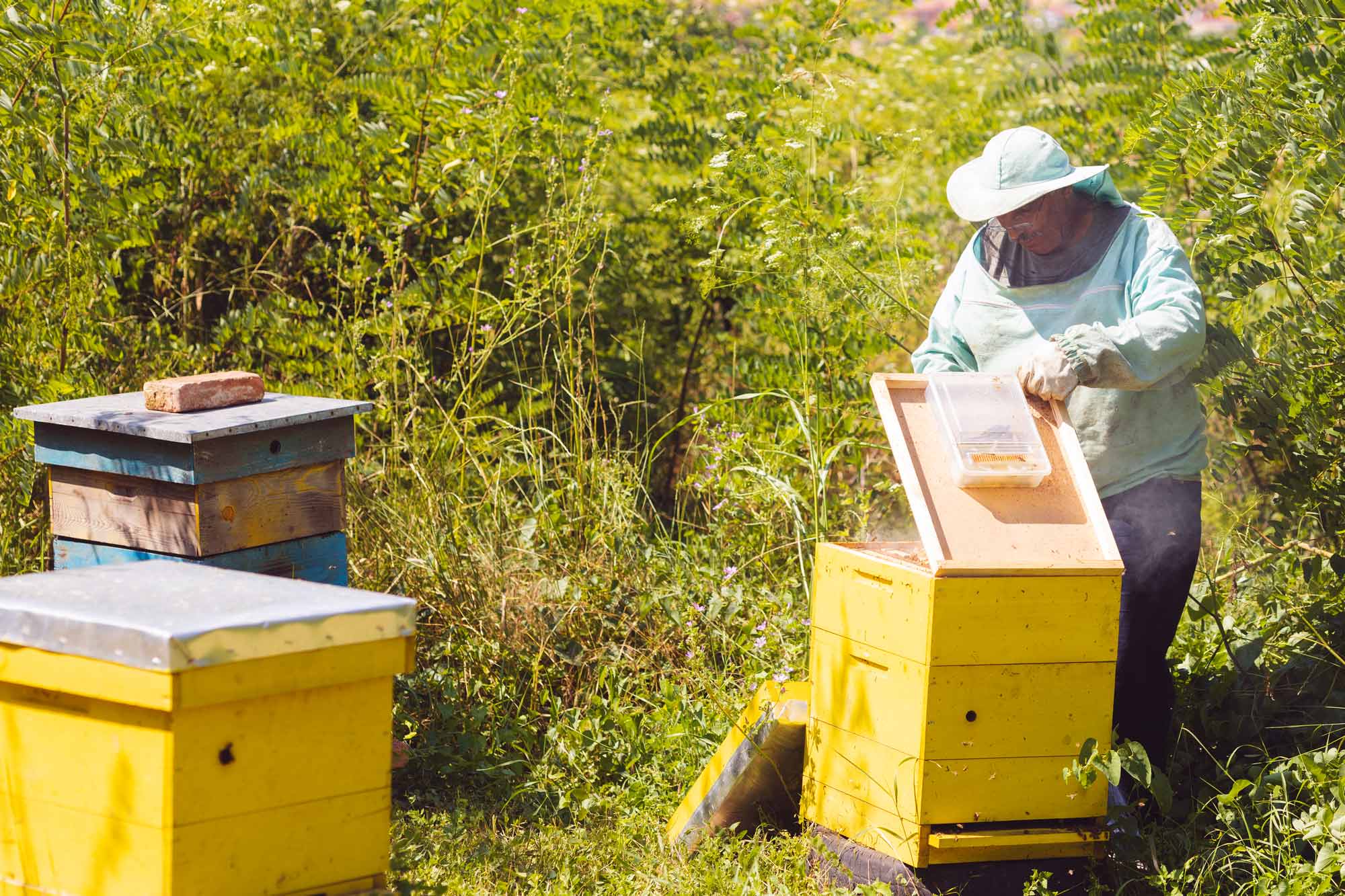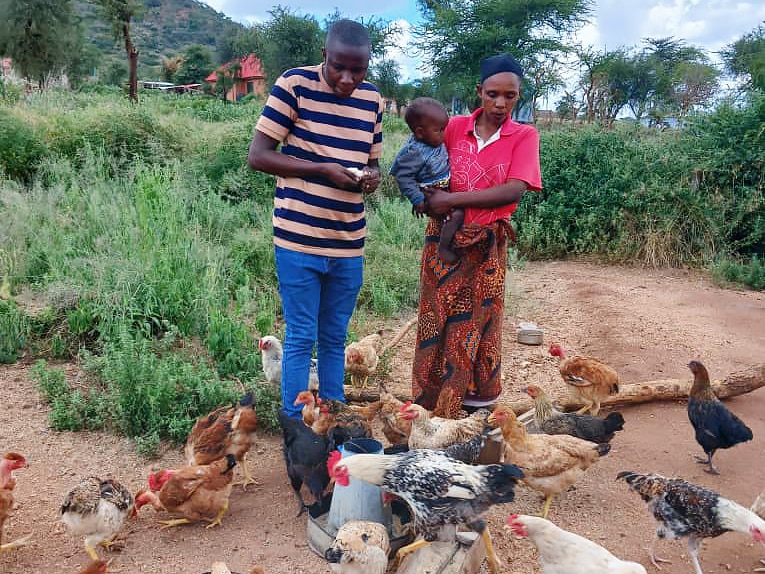
By Jason Streubel
As I walked through bean fields in Turpin and Zoranje during Haiti’s last rainy season I realized the crops had contracted a virus. Unfortunately, there is no cure for these plants once infected and this particular infection came in the seed. Think of when you go to the doctor, you get, “Sorry, this one’s a nasty virus, you’re just going to have to ride it out.”
So, who do I call? What do I do? Standing there I realized that as Convoy of Hope’s director of Agriculture initiative, I could either take on this task or hope that another scientist with the same training at another organization happened to walk in this field and discover the same virus.
Fast forward, we went with option A. Through traditional breeding programs scientists have found virus resistant varieties of black beans. We are now experimenting to see if these varieties can grow in Haiti where food-security is a leading cause and symptom of poverty.
I just got back from Haiti where Convoy of Hope initiated a 5-year experiment and partnership with a team of USDA-ARS scientists and bean breeders. We’re testing 28 varieties of beans so experimental that most of them only have numbers for names. Their promising traits span from higher nutrient value to drought resistance.
Over the next 75-80 days we will observe factors like survival, growth and disease-resistance all to determine which variety to breed next. In the end we’ll also evaluate taste, color, market and farmer acceptance, and nutritional value. The ideal is to arrive at a bean that will grow with optimal yield, nutritional make-up and market value.
This little piece of science has the potential to make long-lasting generational change in Haiti. Score one for the nerds!
Note: For scientists that just have to know, this is a 5-year experiment set up in a corn/bean rotation as a complete randomized block design with four treatments and three full replicates.
